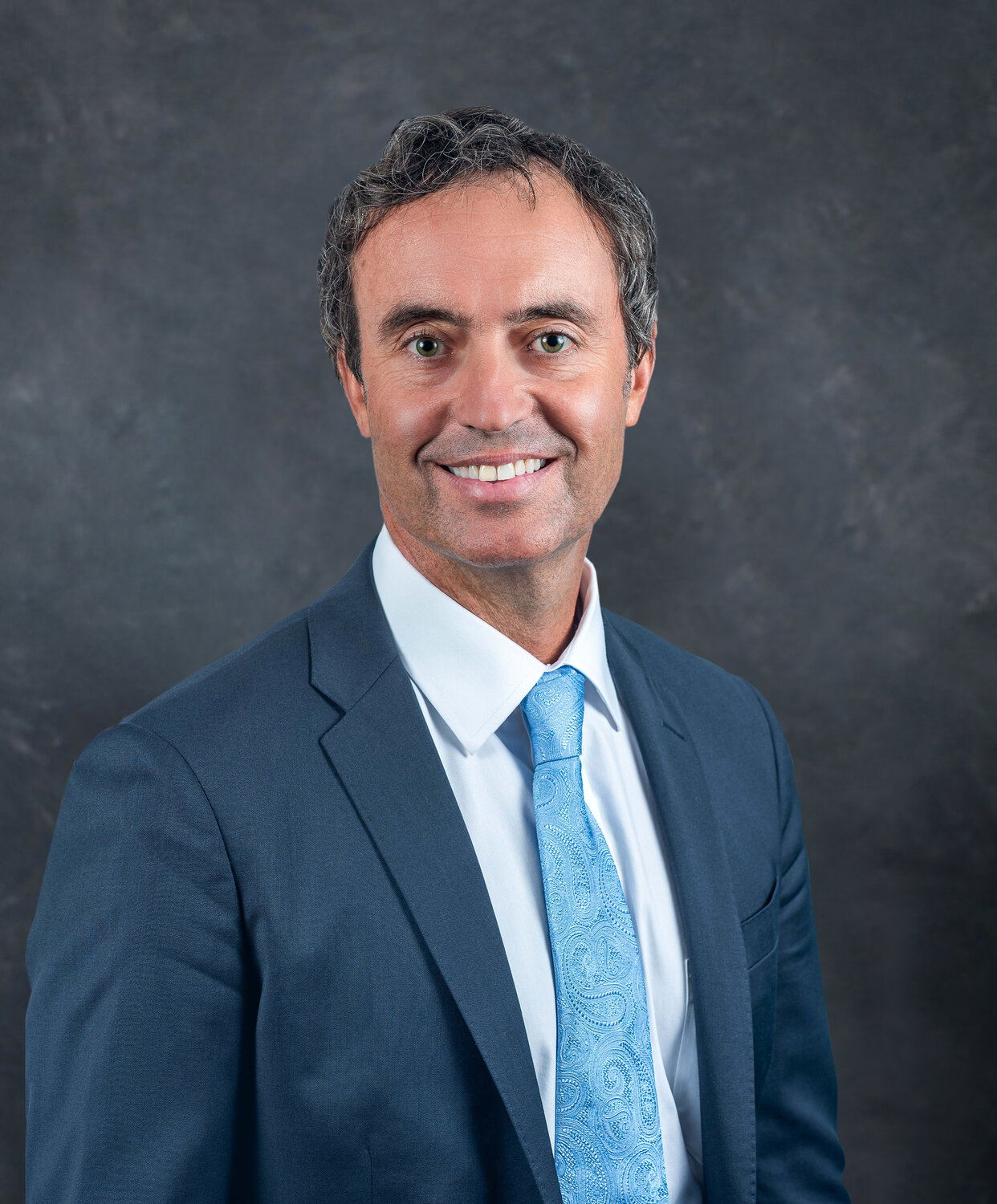The End of Amateurism?
September 17, 2024
The National Collegiate Athletic Association (“NCAA”) has long reaped the benefit of unpaid labor in the form of “amateur” athletics. Recently, college athletes have been pushing back on their classification as amateurs with increasing success.
Over the past few years, administrative tribunals and federal district courts across the country have revisited the employment status of NCAA student-athletes. The U.S. Supreme Court, in NCAA v. Alston, held that NCAA rules limiting education-related compensation violated federal anti-trust law. The NLRB has determined that “certain players at academic institutions” are employees under the National Labor Relations Acts.
The Dartmouth Men’s Basketball Team elected to unionize after a judge determined that its players were “employees” of the school.
A federal appeals court recently applied an “economic realities test” to determine whether college athletes should be considered “employees” under the Fair Labor Standards Act (“FLSA”). Under this test, college athletes may be classified as “employees” when “they (a) perform services for another party, (b) ‘necessarily and primarily for the other party’s benefit,’ (c) under that party’s control or right of control, and (d) in return for ‘express’ or ‘implied’ compensation or ‘in-kind benefits.’”
These recent decisions serve to remind employers in New York State to consider carefully how to classify laborers in the workplace. The Department of Labor has guidelines to determine the difference between interns, independent contractors and employees. You can review those guidelines here.
As NCCA member universities grapple with the evolving landscape of amateurism in athletics, so too should New York employers revisit how they classify their labor force. Failure to do so could result in significant fines and other penalties.
Kevin Burke counsels employers on recent developments in employment law, and the implementation of policies and procedures which enable employers to be in compliance with federal and state laws. He can be reached at 716-854-4300 ext. 292 or kburke@gross-shuman.com



